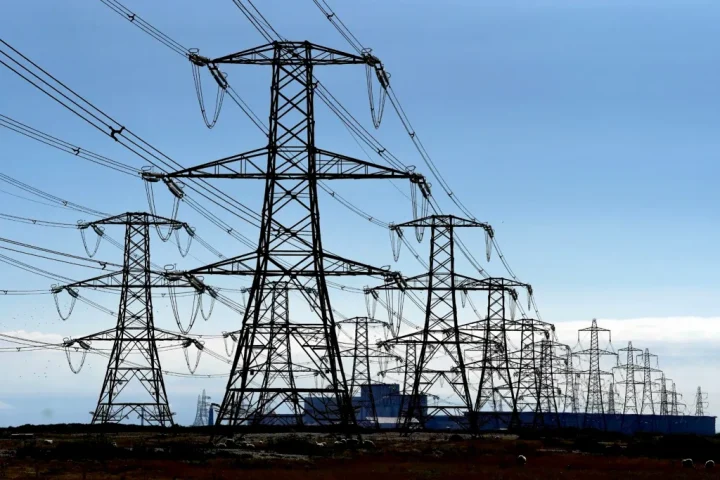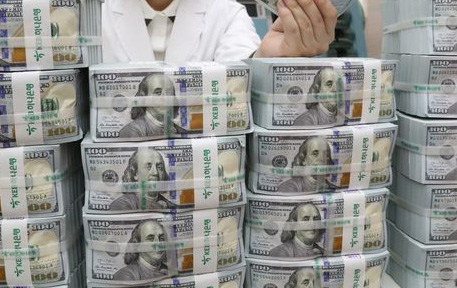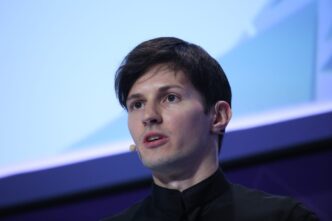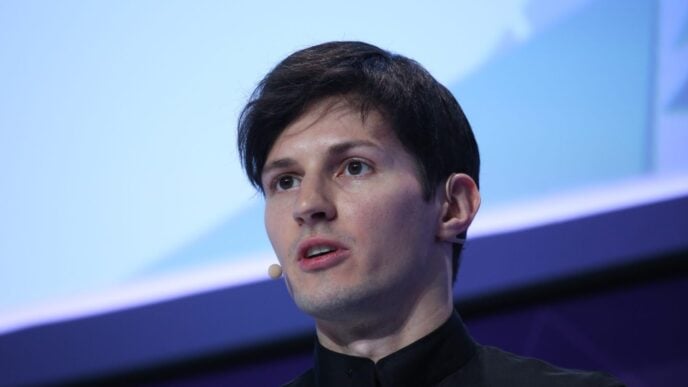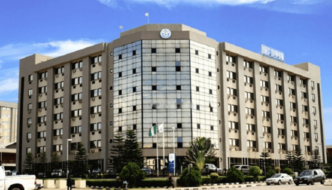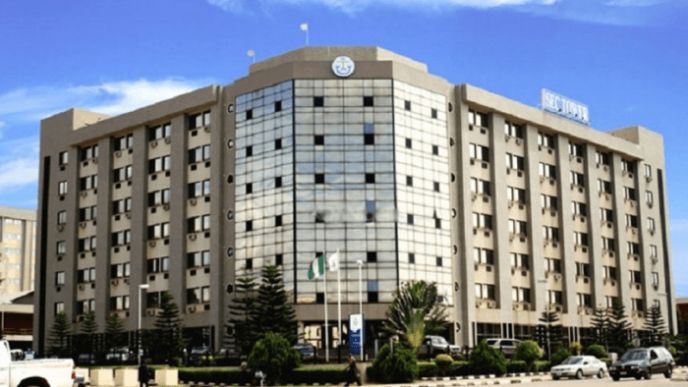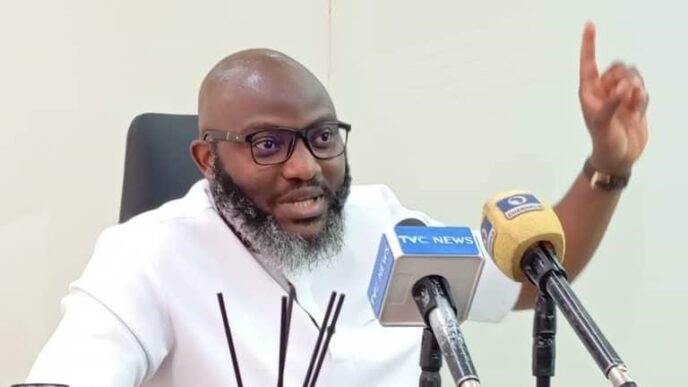Adebayo Adelabu, minister of power, has raised concerns over bulk electricity consumers shunning the national grid to generate their power source.
Adelabu spoke on Thursday at the board retreat of the Nigeria Electricity Liability Management Company (NELMCO), in Lagos.
He said the grid connection, as a power source, is more reliable than captive power plants currently being used by bulk electricity consumers.
Captive power is a generation facility that is dedicated solely to the customer’s operations and is not sold to the grid or other external parties.
Advertisement
He lamented that despite Nigeria increasing generation to a record 5,155 megawatts (MW), “it is not being taken up”.
“Majority of bulk electricity users, such as industries, are off the grid due to lack of trust and confidence in the past,” the minister said.
“They now have their captive power plants in their industries which are more expensive.”
Advertisement
Adelabu said efforts would be made to encourage bulk users to return to the grid, stressing that continued use of captive power, rather than grid connection, is more expensive.
“The average cost of producing captive power is about N350 to N400 for those connected to gas lines. For diesel, it’s about N950 while petrol is about N550″, he said.
“Once consumers and industries see the trust, the confidence, and the stability we are giving, they would be encouraged and reconnect to the grid for a cheaper source of power.
“We aim to attain the threshold of a new era in power delivery with a target of 6GW by the end of December 2024 in the short term and the federal government is still focused on the vision 30-30-30.
Advertisement
“By 2030, we aim to achieve 30 gigawatts in the medium term, with renewable energy constituting 30 percent and universal access in the long term, it is imperative that we align on the principles guiding our activities and the strategies driving our progress.”
Adelabu said the government is currently using a multi-pronged approach to attain these targets for the Nigeria Electricity Supply Industry (NESI).
‘DIFFERENTIAL TARRIF TO STIMULATE DEMANDS’
Speaking further, Adelabu proposed the idea of differential tariffs for the up-peak period to stimulate demands.
Advertisement
“Having noticed a drop in demand during the off-peak period, we plan to stimulate demands by having a different tariff during the off-peak period,” he said.
“These are some of the efforts we are looking at, especially with our smart meters.”
Advertisement
The minister urged the board members to reflect on how to embed corporate governance in driving sustainable growth in the sector.
“As we manage the liabilities of the Nigeria Electricity Supply Industry (NESI), we must uphold the highest standards of transparency, accountability, and integrity,” he added
Advertisement
“Our actions and decisions must always align with the principles that safeguard public interests, ensuring that trust is maintained and strengthened across the board”.
Adelabu also called for effective leadership and board agility especially in the electricity industry, adding that a culture of continuous learning, open communication, and innovation “will ensure we remain resilient and not just to survive but to thrive in an ever-changing environment”.
Advertisement
Add a comment
